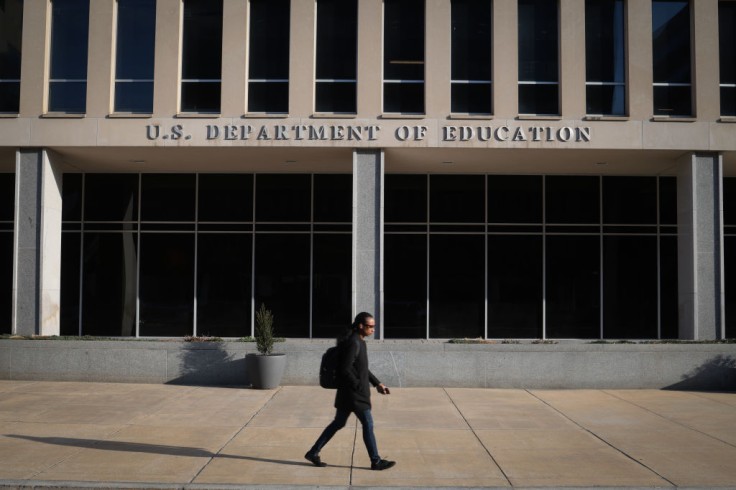Education Department Urges Colleges to Aid Student Loan Borrowers as Collections Resume
By
WASHINGTON — The U.S. Education Department issued a "Dear Colleague Letter" to colleges and universities Monday, reinforcing their role in supporting student loan borrowers under Title IV of the Higher Education Act of 1965. The guidance, released as involuntary collections on federal student loans resume after a pandemic-era pause, underscores institutions' responsibility to help graduates manage repayment amid rising college costs.
The department emphasized that while borrowers are primarily responsible for repaying loans, colleges play a key role in improving repayment outcomes. Institutions are urged to ensure former students understand their obligations and can access StudentAid.gov accounts for resources. The department will publish nonrepayment rates by institution on the Federal Aid Data Center later this month, using College Scorecard data to promote accountability.
"As we begin to help defaulted borrowers back into repayment, we must also fix a broken higher education finance system that has put upward pressure on tuition rates without ensuring that colleges and universities are delivering a high-value degree to students," said Education Secretary Linda McMahon. "For too long, insufficient transparency and accountability structures have allowed U.S. universities to saddle students with enormous debt loads without paying enough attention to whether their own graduates are truly prepared to succeed in the labor market."
Under the Higher Education Act, colleges with high cohort default rates risk losing eligibility for federal aid, including Pell Grants and loans. The department called for proactive outreach to delinquent or defaulted borrowers before June 30, 2025, to address loans not in deferment or forbearance.
The resumption of involuntary collections affects approximately 195,000 defaulted borrowers, who will receive 30-day notices from the Treasury Department starting Monday. These notices indicate federal benefits, including June checks, will be subject to the Treasury Offset Program. By summer, all 5.3 million defaulted borrowers will face administrative wage garnishment.
The Federal Student Aid office is bolstering support with extended call center hours and increased capacity to guide borrowers toward income-driven repayment plans, loan rehabilitation, or affordable payments. Resources are available at StudentAid.gov/end-default. Guaranty agencies are also authorized to resume collections on Federal Family Education Loan Program loans, with all actions adhering to legal requirements for notice and repayment opportunities.
The department's guidance reflects a broader push for transparency in higher education, leveraging repayment data to ensure colleges prioritize student success and financial literacy. Institutions' engagement with borrowers will be critical to maintaining federal funding eligibility.
© 2026 University Herald, All rights reserved. Do not reproduce without permission.








